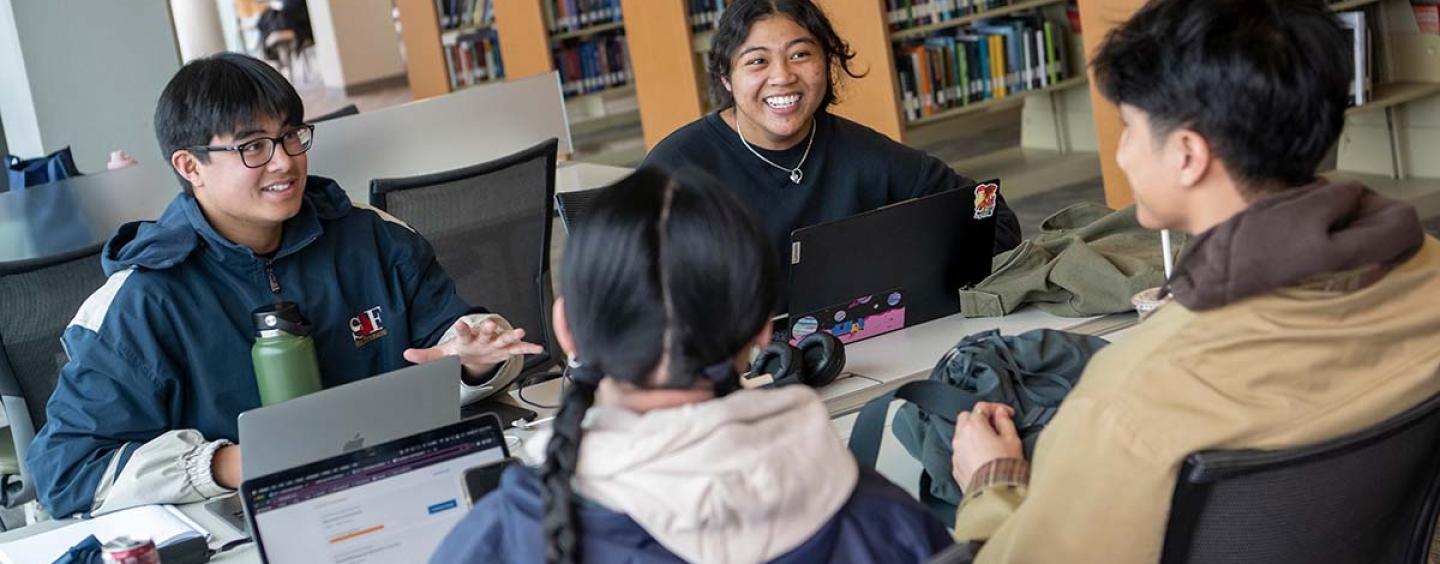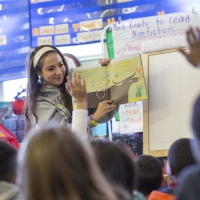SF State program prepares participants to view AI through an ethical lens

The Ethical AI certificate provides a foundation in the computer science, philosophy and business of ethical AI
U.S. President Joe Biden recently issued an executive order on managing the risks of artificial intelligence (AI), and the European Union is discussing AI laws abroad. While the news has been flooded with stories of self-driving cars, Chat GPT and how AI will affect jobs, a group of San Francisco State University faculty has been concerned by the ethical implications of AI for years.
That’s why they developed San Francisco State’s Graduate Certificate in Ethical Artificial Intelligence in 2019. The program was created by Computer Science Professor Dragutin Petkovic, Lam Family College of Business Professor Denise Kleinrichert, and Philosophy Professor Carlos Montemayor. They’ve seen the impact of this program on students and think this type of education is as important as ever. Any SF State graduate student and anyone with a bachelor’s degree (non-matriculated post-baccalaureates) can apply for the program.
“People don’t understand the issues of AI and its impact to society. It can create problems because now it’s everywhere,” Petkovic explained, noting that the potential problems are not just limited to a single industry. “In my opinion, [ethical AI education is the] most consequential project I’ve been working on by far.”
AI technologies continue to grow and impact everything from health care, defense, media, education and more. Despite advances, AI systems can still produce errors, demonstrate biases and lack transparency in decision making. The faculty knew that everyone — AI users, educators, politicians, lawyers, auditors and others — would need access to ethical AI education to make informed decisions.
“The professors are not talking to you as though you’re already an expert in the subdomains,” said Rafael Ayala (M.A., ’22), who works at the software corporation Autodesk in third-party risk management. “They are making sure we have access to broad scopes of knowledge and bringing people together.”
Ayala came to SF State with a background in philosophy and education. As a first-generation student and the first in his family to go to college, it wasn’t easy for him to tell his family he was leaving his paid job to pursue a master’s degree in Philosophy. Though he partly chose SF State because of the Ethical AI program — he could see its growing prominence in everyday life — he had no aspirations for a career in tech.
“The program did a great job of helping me build up that technical prowess and having the vocabulary I needed,” he explained, crediting the certificate for building his confidence to work at Autodesk. “I am working in tech, and … artificial intelligence is huge and we need to constantly evaluate [it].”
As part of Adobe’s legal team, attorney Ted McCullough became more interested in AI two years ago. He enrolled in the certificate program because he wanted to know about the ethical dimensions of the technology, but also had technical computer science questions. He was recently promoted to a director role on the legal team at Adobe, in part due to the AI expertise he gained from the certificate program.
“[SF State’s program] seemed like a really good fit because it had everything that I was looking for in terms of a computer science curriculum, a philosophy curriculum and a business curriculum all with a practical bent,” he said.
Coming in with an academic background in computer science and philosophy, McCullough feels there’s often a curriculum gap between the math and science of AI and the policy issues, but that this certificate helps begin filling that gap.
The certificate was designed to be accessible for any non-expert, Petkovic said. He hopes more students, working professionals, and employers take advantage of the University program. Though the certificate requires a bachelor’s degree for enrollment, he encourages undergraduates and anyone else interested to reach out to the him and his faculty colleagues about possible options.
“We need to educate people, but then there has to be some level of regulation … ,” Petkovic said, emphasizing why everyone from computer scientists to government officials should receive a holistic education on AI. “We are one part of the puzzle.”
Learn more about the Graduate Certificate in Ethical Artificial Intelligence.
Tags



